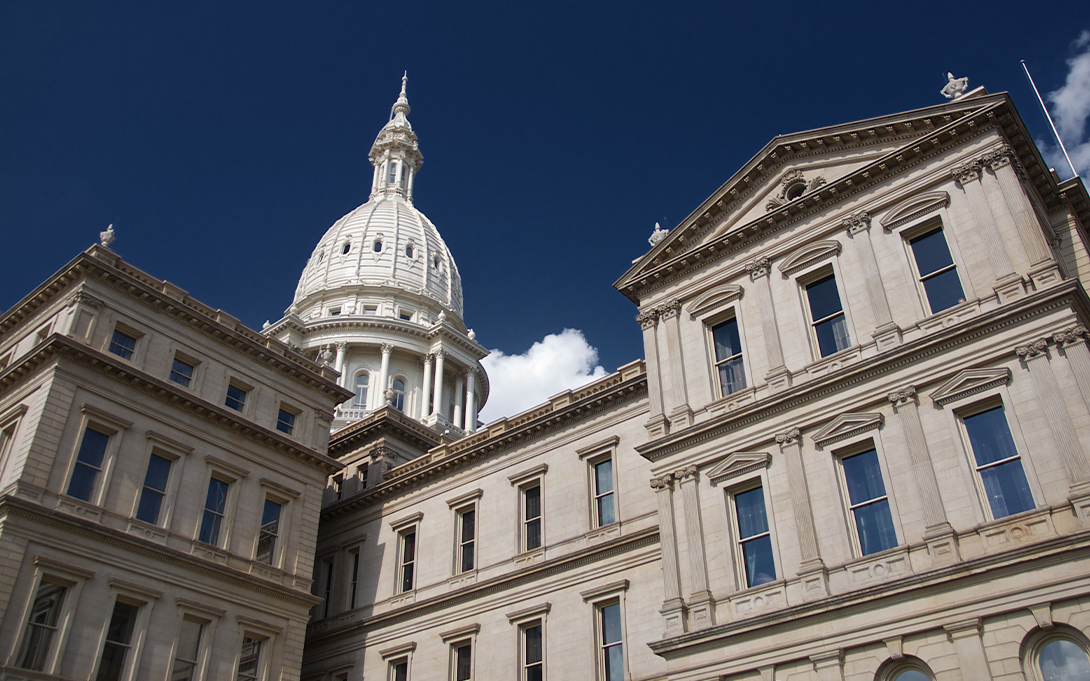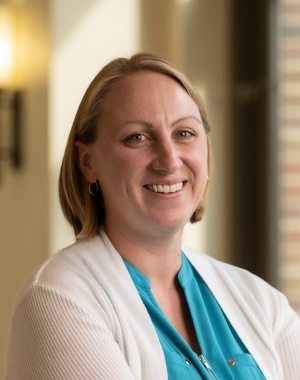
The guides have been helping local governments through the impacts COVID-19 will have on budgets and operations.
The new COVID-19 Consulting Corps will provide individualized research and data support.
Ann Arbor, MI, June 11, 2020 – The Center for Local, State, and Urban Policy at the University of Michigan Gerald R. Ford School of Public Policy has partnered with public finance experts from universities, consulting firms, and research institutions from around the state to produce fiscal strategy memos and guides to assist local governments in navigating the unprecedented financial environment.
The COVID-19 Fiscal Strategies and Resources Guide, available free online at:
http://closup.umich.edu/COVID-19/
Eleven guides have been produced to date, covering revenue sharing, other revenue sources, capital spending, federal aid, financial management strategies (addressing liquidity, cash-flow borrowing, reducing expenses, collaboration and privatization), and IT security to mitigate risks of remote work. More guides are in the works now and will be released on the website soon.
A second project — the COVID-19 Consulting Corps — produces resources for local governments and nonprofits throughout Michigan, and is a collaboration of various research centers at the Ford School, other UM units, and a cohort of Master of Public Policy students and recent grads. The effort is being led by the Ford School's Youth Policy Lab.
This free program will match local governments and nonprofits with interns who can assist in managing the fallout from the COVID-19 crisis.
"The University of Michigan has a deep commitment to public service and we believe it is our responsibility to leverage student and faculty resources to support Michigan's economic and social recovery in the wake of this pandemic," says Andrea Plevek, Executive Director of the Youth Policy Lab.
Interns can provide services including data analysis, policy research, memo drafting, and other related services. Interns are funded for 20 hours/week for 10 weeks and will be assigned to various projects throughout the summer. Interested parties can submit project ideas using the following link and a staff member will be in touch:
https://forms.gle/PaS7fTq7zbUo9mTBA
“As a public institution in Michigan, we are committed to helping our communities find the best paths forward in these difficult times, and we hope to be of help to you and your community,” says Tom Ivacko, CLOSUP interim director.
Partner institutions include Eastern Michigan University, Oakland University, Michigan State University’s Extension Service, and its Center for Local Government, Finance, and Policy, University of Michigan-Dearborn, Research Seminar in Quantitative Economics (UM), Southeast Michigan Council of Governments (SEMCOG) the Citizens’ Research Council of Michigan, Municipal Analytics, and Guidehouse.
Advisors include: Michigan Department of Treasury, Michigan Municipal League, Michigan Townships Association, Michigan Association of Counties
Fiscal Strategy Memos:
To contact the project for more information, to submit proposals or for interviews, please send an email to [email protected], or call 734-647-4091.
Stephanie and Tom recently recorded a podcast for Michigan Minds about Local Government Fiscal Health during COVID-19, which can be accessed here.
Partners:
The Center for Local, State, and Urban Policy is a University-wide resource housed at the University of Michigan's Gerald R. Ford School of Public Policy. CLOSUP functions as an information resource for policymakers and practitioners, academics, students, the media, and the public. The Center works to foster effective communication between academic researchers, stakeholders, and the policymakers dealing with today's state, local, and urban policy problems. The Center also facilitates student learning and engagement with today’s critical policy issues.
Youth Policy Lab helps community and government agencies make better decisions by measuring what really works. We’re data experts who believe that government can and must do better for the people of Michigan. We’re also parents and community members who dream of a brighter future for all of our children. At the Youth Policy Lab, we’re working to make that dream a reality by strengthening programs that address some of our most pressing social challenges.
Tom Ivacko joined CLOSUP at its founding in the fall of 2001 and serves as interim director of the Center. He also oversees the Michigan Public Policy Survey (MPPS) program and has been the lead or co-author on more than 75 MPPS publications covering a wide range of state and local government policy topics.
Stephanie Leiser is a lecturer at the Ford School, and she leads CLOSUP’s new Local Fiscal Health project. Her general area of interest is in public finance, budgeting, and financial management, and she has particular expertise in state and local tax policy, business taxation and incentives, and local government fiscal health. She was previously a lecturer at the Daniel J. Evans School of Public Policy and Governance at the University of Washington, where she earned her PhD in 2014. Stephanie has taught courses in public budgeting and financial management, tax policy, nonprofit financial management, and microeconomics. A Ford School alum (MPP '05), she has also worked as a tax policy analyst for the Michigan legislature and continues to be involved in state and local fiscal policy in Lansing.
Andrea Plevek is the Executive Director for the Youth Policy Lab. In her role, she provides executive leadership, administrative management, community outreach, and partnership development for the Lab. Previously, Andrea was the Executive Director of the Washtenaw County Office of Community & Economic Development and has worked for over fifteen years in the nonprofit and public sectors driving community development, systems change, and social justice efforts. She holds a BA in Political Science from Kalamazoo College and an MSW from the University of Michigan School of Social Work.
